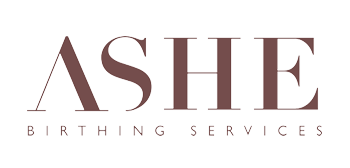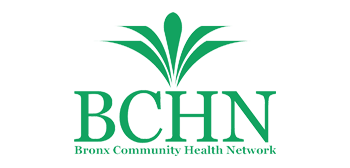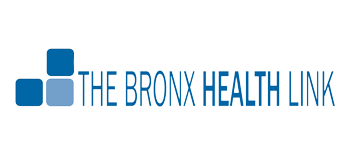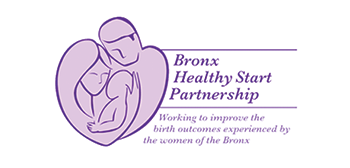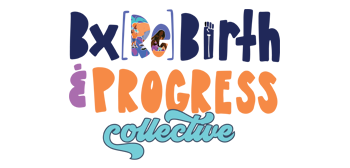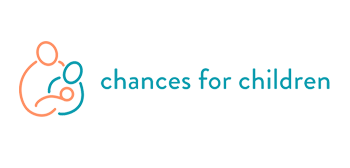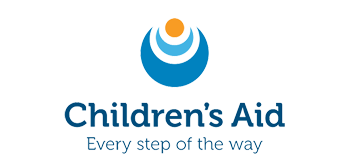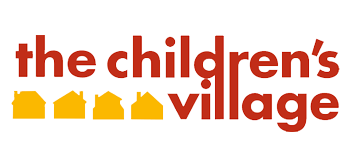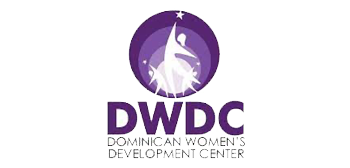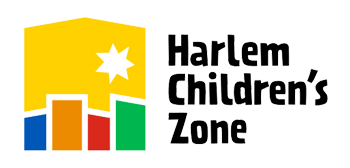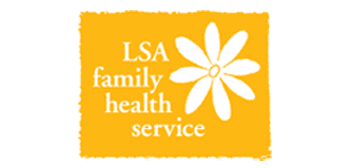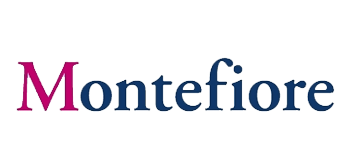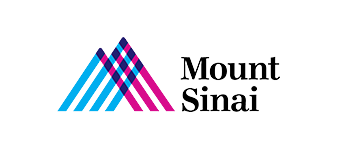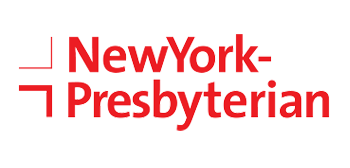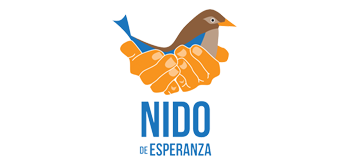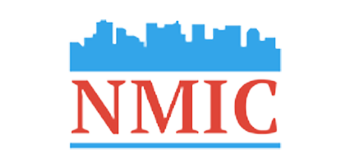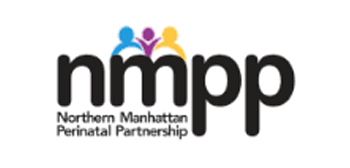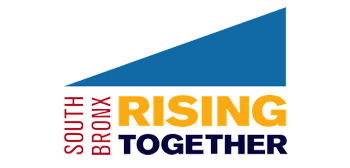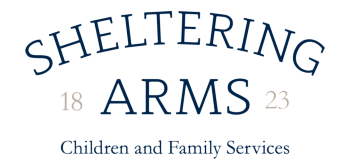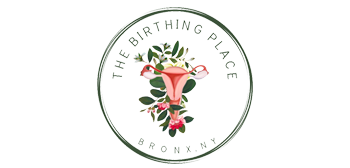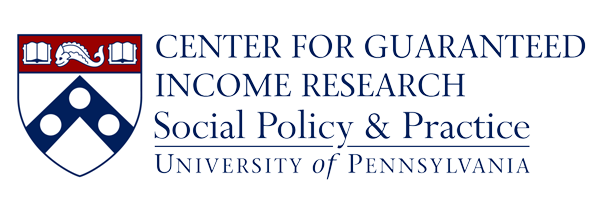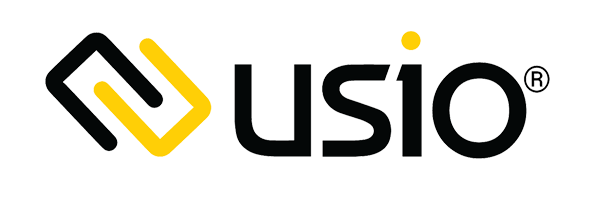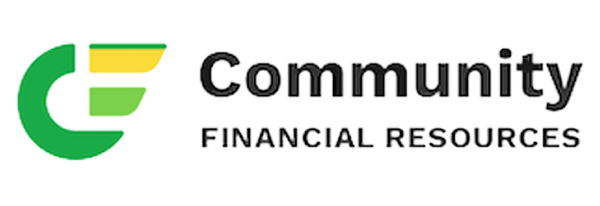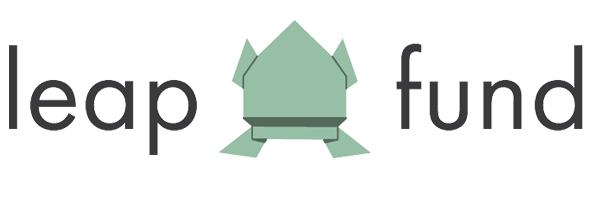Our Work

The Bridge Project seeks to solve child poverty in the United States. Launched in 2021, it is one of the nation’s largest unconditional cash programs for babies. The Bridge Project, a 501(c)3 organization, supports healthy development for babies during their first 1,000 days of life by providing their mothers with consistent, unconditional cash on a biweekly basis.
In just three years, The Bridge Project has added 1,300 babies and mothers to our program, scaled our presence to all five New York City boroughs, as well as Rochester and Buffalo, and committed to putting over $35 million directly into the hands of New York families. In 2024, The Bridge Project expanded to serve families in Milwaukee and Connecticut and looks forward to adding more babies to the program from additional regions over the course of the next two years.
We employ three primary strategies on our quest to end child poverty in America: 1) direct cash disbursements, 2) mix methods research & data collection, and 3) local, state, and federal policy change.
And our model is rooted in three core beliefs:
- Prevent, don’t undo: we focus our intervention on preventing poverty at the earliest stage, not simply undoing its effects later in life
- Return on investment matters: we have no interest in wasting money on inefficient, untested, and overly burdensome solutions
- Dignity is paramount: we trust mothers to make the best decisions for their babies with no judgment and no strings attached
We are backed by the nation’s leading scholars and institutions and are laser-focused on systems change. As our program grows, our research expands, our mothers’ stories get heard, and our advocacy advances. Through private philanthropy, we are helping redefine how our society values and supports its most vulnerable—and most precious—members.
The Bridge Project has been profiled in The New York Times, CBS, NY1 Spectrum News, Bloomberg, Live with Kelly and Ryan, and MarketWatch, among others. The Bridge Project was additionally one of Fast Company’s World Changing Ideas of 2022.
...but we want to answer a few additional questions:
How does a cash allowance for mothers improve their babies’ social, emotional, and mental development and long-term well-being?
What level of cash support provides recipients and their babies with the strongest financial, social, and developmental outcomes?
Does the addition of community-building activities alongside a cash allowance reduce the negative impacts of relational poverty, isolation, and loneliness, and create outcomes that are necessarily greater?



